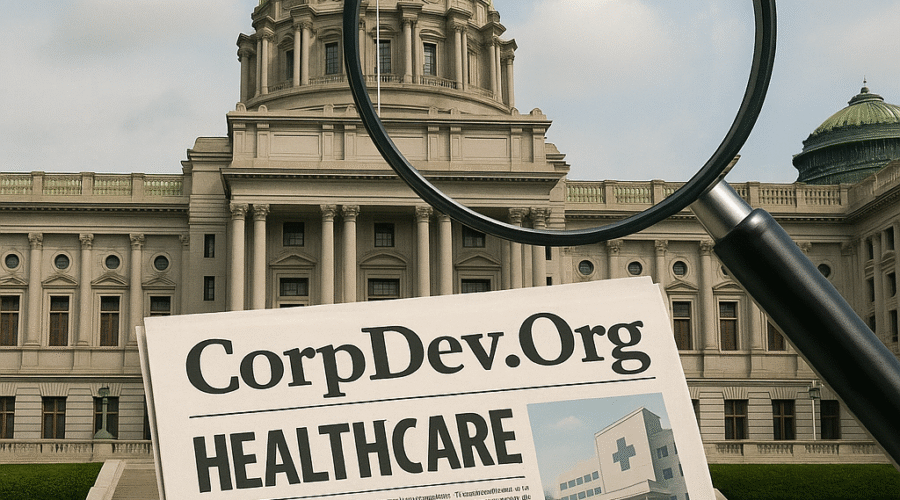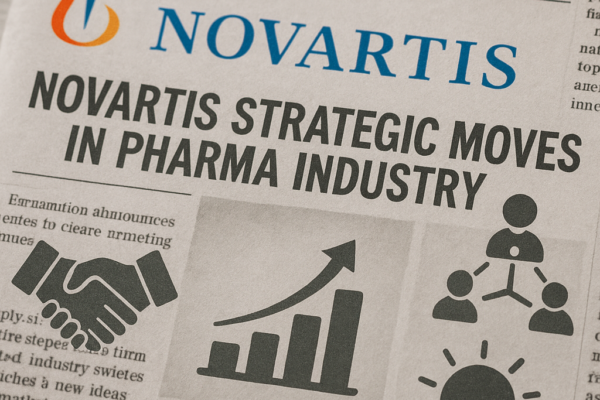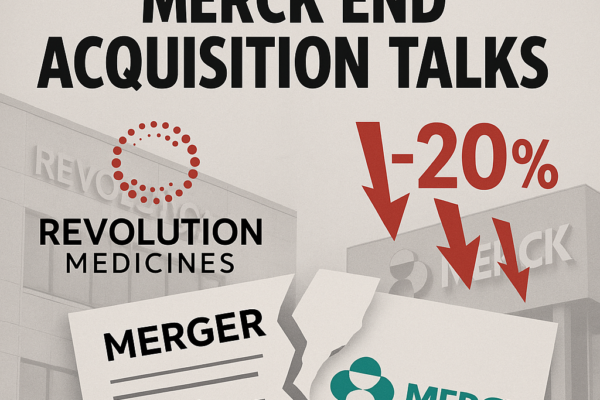The Pennsylvania House of Representatives has passed landmark legislation (House Bill 1460) imposing unprecedented oversight on private-equity healthcare transactions, marking a watershed moment in hospital M&A regulation[1][15]. The bipartisan 121-82 vote on June 10, 2025, empowers the Attorney General to block deals threatening patient access and bans sale-leaseback arrangements – direct responses to Prospect Medical Holdings’ controversial closure of Crozer Health’s remaining hospitals that left Delaware County with 576,000 residents served by just two facilities[1][8][11]. This regulatory shift signals growing political resistance to financial engineering in healthcare, with 40% of House Republicans joining Democrats in supporting the bill[9].
💼 Seasoned CorpDev / M&A / PE expertise
Legislative Framework for Healthcare Transaction Oversight
Key Provisions of House Bill 1460
The legislation establishes a three-tier review process requiring healthcare entities to submit detailed financial disclosures, patient care metrics, and community impact assessments 180 days before proposed transactions[14][16]. The Attorney General’s newly created Healthcare Transaction Review Unit will evaluate deals using 12 statutory criteria including:
- Projected service line reductions
- Staffing level commitments
- Charitable care percentages
- Debt-to-equity ratios post-transaction
Notably, the bill prohibits sale-leaseback arrangements that enabled private equity firms to extract $240 million in real estate value from Crozer Health before its collapse[2][8]. Transactions failing the “public interest” test face permanent injunctions with civil penalties up to 10% of deal value[14].
Political Dynamics and Stakeholder Reactions
Governor Josh Shapiro’s administration has framed the legislation as essential to preventing “healthcare deserts,” with the Governor personally rallying support at Crozer-Chester Medical Center’s shuttered campus[10]. Hospital Association of Pennsylvania (HAP) maintains concerns about the 0.75% transaction fee funding oversight efforts, arguing it could deter capital-intensive modernization projects[4].
Delaware County Council Chair Dr. Monica Taylor captured local sentiment stating: “Prospect Medical Holdings broke our healthcare system while paying themselves hundreds of millions – we need these protections statewide”[8].
The Crozer Health Case Study
Timeline of a Systemic Collapse
| Date | Event | Impact |
|---|---|---|
| 2022 | Prospect closes Delaware County Memorial & Springfield Hospitals | 4 hospitals reduced to 2 |
| April 2025 | Bankruptcy filing reveals $1.2B in leveraged debt | 2,650 layoffs announced |
| May 2025 | Emergency department diversions begin | EMS response times increase 38% |
| June 2025 | Full closure of remaining facilities | 576k residents lose Level II trauma center |
Post-closure data shows 22% of former Crozer Medicaid patients now travel over 25 miles for emergency care, with behavioral health admissions down 41% countywide[10][11].
Financial Engineering Exposed
Prospect’s $650 million 2019 acquisition utilized:
- $480 million in sale-leaseback financing
- $120 million dividend recapitalization
- 17% annual management fees
This financial structure left Crozer with $18 million in annual lease obligations and insufficient capital for MRI equipment upgrades[11][15].
Market Implications for Healthcare Investors
Valuation Multiples Under Pressure
Since the bill’s introduction, Pennsylvania hospital EV/EBITDA multiples have compressed from 8.2x to 6.7x – below the 7.5x national average[16]. Analysts at Jefferies note increased due diligence costs could add 150-200 basis points to transaction expenses.
Alternative Investment Strategies Emerging
Private equity firms are exploring:
- Joint ventures with nonprofit systems (51% nonprofit ownership required)
- Specialized ASC and imaging center roll-ups
- Value-based care platform investments
Notably, KKR recently acquired a 30% stake in Penn Medicine’s outpatient network through this revised approach.
Comparative Regulatory Landscape
| State | AG Review Power | Transaction Fees | Sale-Leaseback Bans |
|---|---|---|---|
| PA (HB1460) | Full blocking authority | 0.75% of deal value | Complete prohibition |
| CA | Advisory opinions only | 0.25% cap | Partial restrictions |
| NY | Public benefit test | Sliding scale to 1% | Allowed with caps |
This positions Pennsylvania with the nation’s most stringent PE healthcare regulations, potentially creating a model for other states[15][16].
Path Forward and Strategic Considerations
Senate Outlook and Amendments
With companion legislation (SB322) needing 26 votes for passage, analysts predict:
- 55% probability of full passage by Q3 2025
- 30% chance of modified bill exempting rural hospitals
- 15% likelihood of procedural blockage
Key swing voter Senator Camera Bartolotta (R-Washington) has expressed concerns about access in her coal-country district[3][9].
Operational Recommendations for Health Systems
Kirkland & Ellis attorneys advise clients to:
- Pre-file community benefit plans with AG’s office
- Maintain 90-day cash reserves for fee payments
- Structure deals as management contracts rather than acquisitions
Simultaneously, Deloitte recommends health systems enhance their:
- Community health needs assessments
- Workforce retention metrics tracking
- Charitable care reporting infrastructure
Conclusion: Redefining Healthcare Investment Parameters
Pennsylvania’s legislative move signals a fundamental rebalancing of priorities in healthcare M&A – one where community impact assessments now carry equal weight with financial engineering. For private equity firms, this necessitates a shift from pure-play financial optimization to true partnership models with measurable quality outcomes. As Governor Shapiro noted at the Crozer closure site: “The era of extractive healthcare capitalism is ending”[10]. How investors adapt to this new paradigm will determine their success in the next decade of healthcare transformation.
Sources





